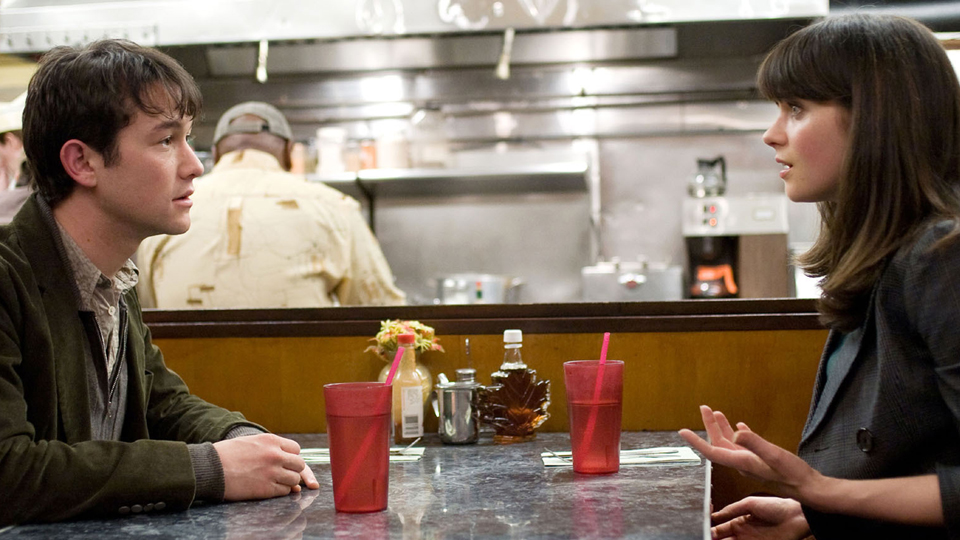As a student, odds are you’re already in your twenties, or almost there. Odds are your twenties are going to suck.
At least, blogger Emma Koenig says they will. Koenig is the author of a Tumblr titled “Fuck! I’m in my twenties”. The blog is a compilation of graphics and lists that deal with the many aspects of being in your twenties today—some serious, some not so serious. The blog and the book based on it are meant to convey the sense of surprise we feel when we suddenly realize we’re adults, and the weight that comes with that. Weight like being overeducated, unemployed, probably single, and sometimes just plain lonely.
Why is this blog so widely read? It was even featured in The New York Times. Is the reason so many of us identify with these feelings that we’re going through a “quarterlife crisis”?
Quarterlifecrisis.com says the term was coined by author Abby Wilner in 1997, when she moved home after college and couldn’t decide what to do with her life. She went on to author two books on the topic: Quarterlife Crisis and The Quarterlifer’s Companion. It looks like not much has changed since the late ’90s. In fact, studies indicate that the quarterlife crisis is just as common as the midlife crisis.
The quarterlife crisis can strike anywhere between the late teens and early thirties. It’s the time when a young person begins to feel the stresses of becoming an adult. A common symptom is asking yourself questions like “What am I supposed to be doing with my life? What does my future look like? How long am I going to be in debt? Am I going to have a job after university? Should I go to graduate school? Do I want a romantic relationship? Do I need to expand my social circle? Why do I feel like everyone is doing better than me?” (Sound familiar?)
Of course, it also takes longer to become an adult today. Specifically, it takes longer to become financially independent and to start a family.
For one thing, the Canadian Federation of Students estimates that the average debt for university graduates is almost $27,000 by the age of 32. Debt delays other traditional “adult” milestones, like marriage. Pursuing higher education also delays marriage, since some prefer to complete their education before committing. Delaying marriage also means having your first child later. And so on.
Maybe we have to stop looking at these milestones. You expect to graduate from high school, go to university or college, graduate with some credentials, get a job, find a partner, get a mortgage, and have kids. But now the path to adulthood is vaguer, and perhaps that’s related to the increasing frequency of the quarterlife crisis.
Not to mention that we don’t like justifying to others why we haven’t accomplished those traditional milestones; we often talk about how we’re still figuring out what we want. Some blogs on the subject advise students to simply live for themselves rather than justifying themselves to their families.
Meanwhile, more and more people are pursuing higher education. Statistics Canada reports that 95% of Canadian parents with children under the age of 19 believe that higher education is important—and that means they’re going to at least suggest that their children follow that path. But to be accepted to university, high school students are forced to make early choices. They have to pick the right courses to prepare for university. They have to plan ahead as early as grade ten. They feel compelled to make more important decisions sooner, without as much time for planning and consideration.
It’s also worth pointing out that we live in a world very different from the one our parents lived in during their twenties. For example, while many of our parents probably changed jobs once or twice or in their twenties, statistics show that twenty-somethings today can switch up to five times in the same period.
But there’s good news. Experts like Oliver Robinson, a psychology researcher at Greenwich University, say that those who suffer a quarterlife crisis are less likely to suffer a midlife crisis later on. “The lifestyle that [you have] post-crisis is intrinsically healthier than what you had before,” he says.


Nov 19, 2012 @ 19:37:00
I have a quarterlifecrisis roughly every 4 months while at UTM. Great article!